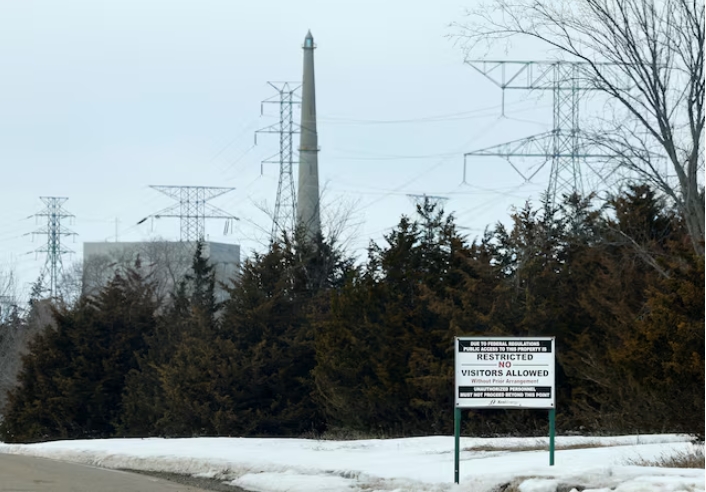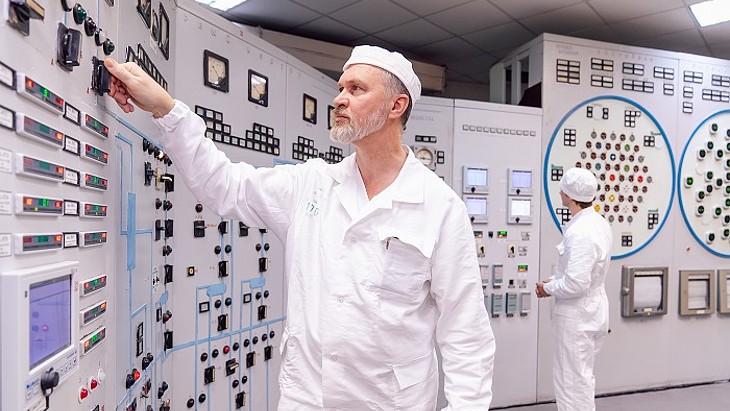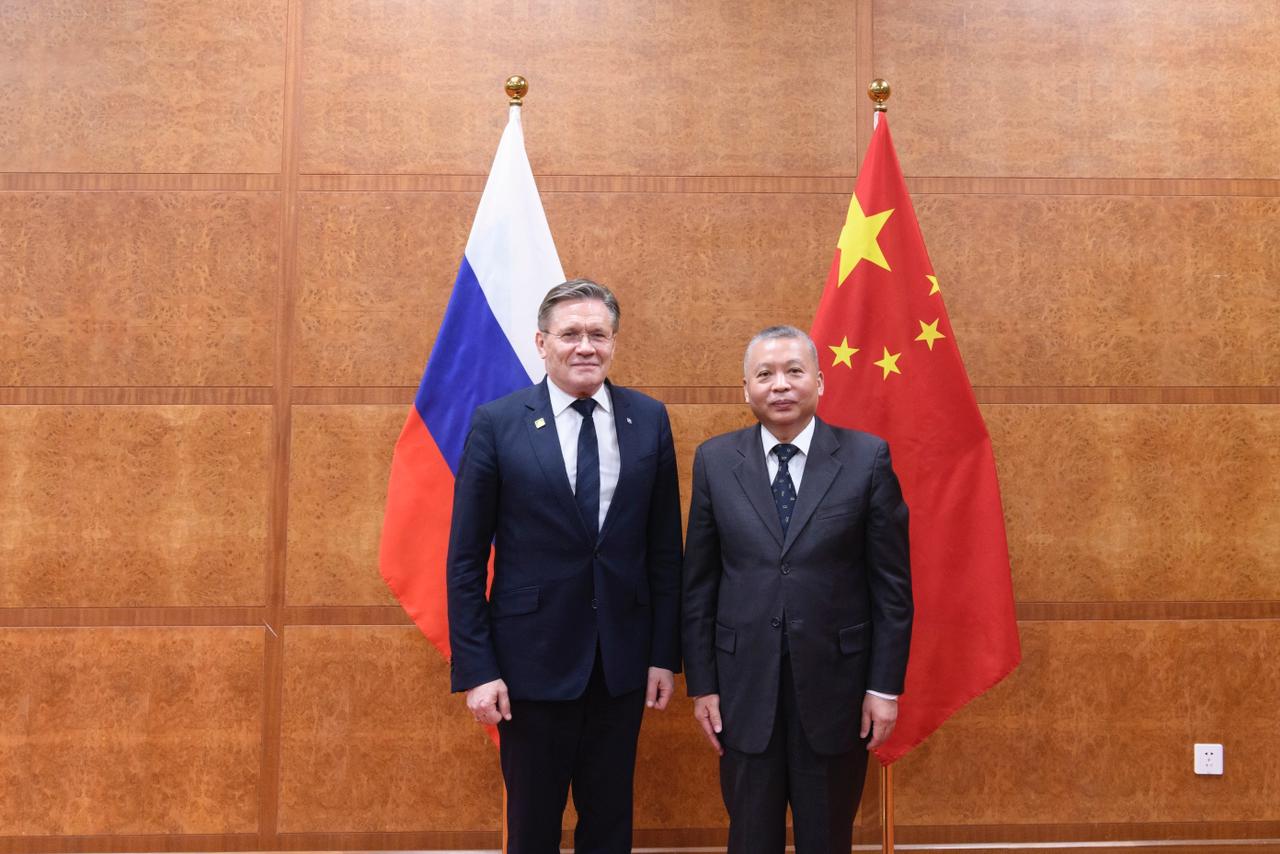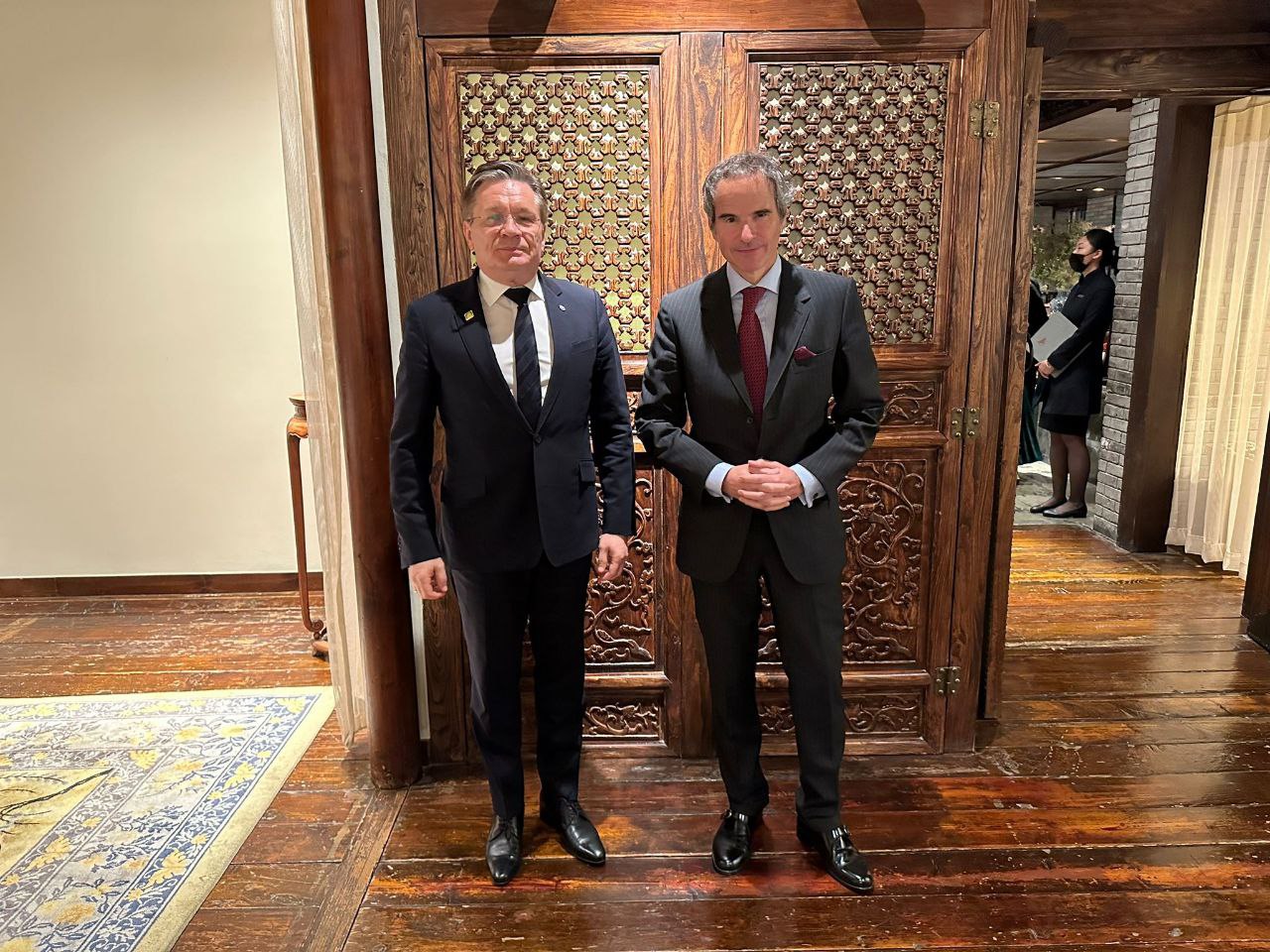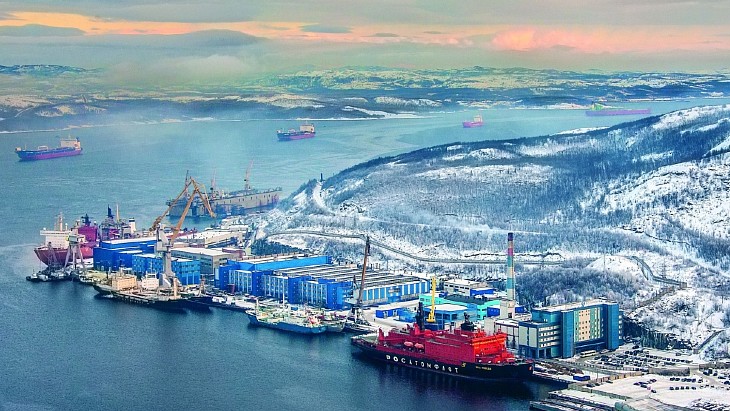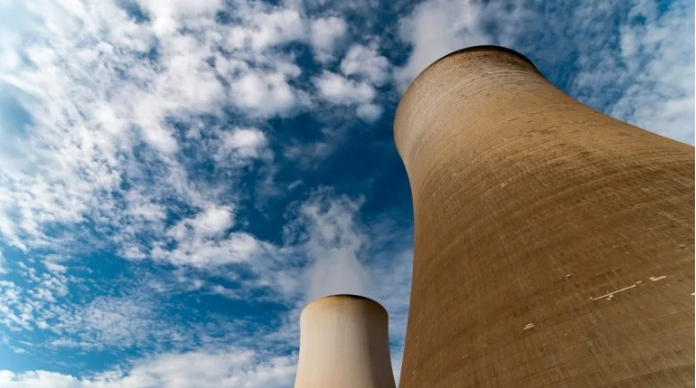
The cost of nuclear fuel has soared in the past two years as the uranium conversion and enrichment bottleneck – driven primarily by the Russian invasion of Ukraine – continues to impact supply chains.
Transforming mined uranium into nuclear reactor fuel involves several steps. First, raw uranium ore is processed into uranium concentrate, known as yellowcake, which is then converted into uranium hexafluoride gas. The gas is enriched to raise the concentration of the uranium isotope needed for fission, after which the enriched uranium is shaped into pellets to be used in reactors.
According to nuclear market research firm UxC, as seen by the Financial Times (FT), prices for converted uranium hexafluoride have jumped fourfold to $68 per kg since the beginning of 2022, while enriched uranium prices have more than tripled to $176 per separative work unit.
In contrast, the price of raw uranium ore has only doubled during this period, highlighting the conversion and enrichment stages’ influence on the fuel’s price spike.
The FT cited Russia’s dominance in uranium conversion and enrichment for the bottleneck. The country controls 22% of global conversion capacity and 44% of enrichment capacity, but its services have been restricted for many Western utilities, especially following the US’s ban on Russian-produced unirradiated, low-enriched uranium earlier this year.
Companies such as Orano and Urenco have in response attempted to increase enrichment capacity to reduce reliance on Russia. However, no new conversion facilities are currently being developed in the West.
Although the US, France, Canada and China are also home to large-scale uranium conversion facilities, their current capacity remains insufficient to keep nuclear fuel prices stable independent of Russian supply.
Meanwhile, the World Nuclear Association indicates that increased demand for nuclear fuel has not significantly added pressure to costs, detailing that the growth in demand from the recent expansion of nuclear initiatives worldwide has largely been offset by trends toward increased fuel efficiency.
